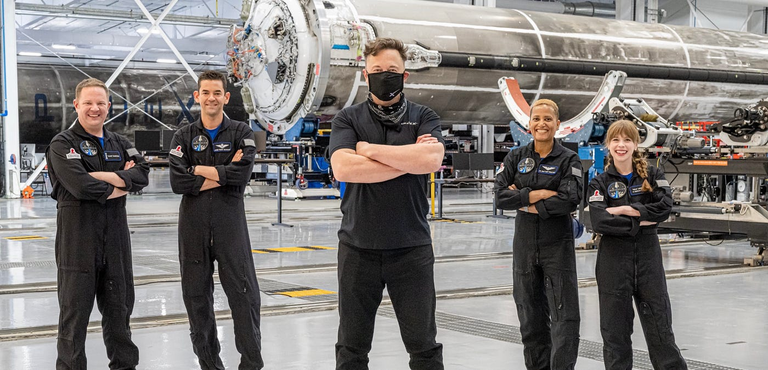How the Minds Behind the Machines are Leading the Corporate World

In a world that increasingly hinges on technology and innovation, a trend is emerging among the helms of some of the most influential corporations across the globe.
The captains of industry are no longer just those with a keen business acumen or a robust portfolio of management strategies. Instead, the limelight is gradually shifting towards individuals whose roots are deeply embedded in the world of engineering.
The leadership landscape of colossal entities such as Amazon, Apple, and Microsoft reveals an intriguing commonality: a significant number of these organizations are steered by individuals with an engineering background.
This paradigm shift signifies a departure from the traditional route to corporate leadership, which often saw the MBA as the golden ticket to the C-suite.
Historically, an MBA was considered the cornerstone of a prosperous executive career. However, this narrative is being rewritten by the likes of Jeff Bezos, Sundar Pichai, and Lisa Su, whose engineering prowess has catapulted them to the zenith of corporate success.
The argument here isn't about the redundancy of business education but rather an acknowledgment of the unique perspective and problem-solving capabilities that engineers bring to the table.
Engineering is more than just a discipline; it's a way of thinking, a methodological approach to solving problems that are complex, multifaceted, and often unprecedented. This skill set is invaluable in an era where innovation is not just a competitive advantage but a survival mechanism.
Engineers, with their intrinsic ability to deconstruct problems, innovate, and iterate, are becoming the ideal candidates to lead companies that thrive on pushing the boundaries of what's possible.
Consider the journey of Microsoft under Satya Nadella, an engineer at heart. Nadella's tenure is a testament to how an engineering mindset can rejuvenate a tech giant, steering it away from stagnation and towards uncharted territories of growth and innovation.
Similarly, Elon Musk, with his self-taught engineering knowledge, has revolutionized industries, from automotive with Tesla to aerospace with SpaceX, underscoring the potential of engineering-led leadership.
Moreover, the personal tales of figures like James Dyson illustrate the relentless pursuit of perfection that characterizes the engineering mindset.
Dyson's quest to reinvent the vacuum cleaner involved over 5,000 prototypes, a journey emblematic of the engineering tenacity to iterate until achieving the optimal solution.
But the influence of engineers extends beyond the tech industry. They are making significant strides in traditionally non-tech sectors as well, bringing a fresh perspective to leadership roles.
The essence of engineering, with its core in problem-solving, lends itself well to addressing the multifarious challenges that businesses face today.
In essence, the ascendancy of engineers in leadership roles underscores a broader shift towards valuing the confluence of technical expertise and innovative thinking in driving businesses forward.
As the corporate world continues to evolve, the engineer's blend of pragmatic problem-solving and visionary innovation may well become the new standard for leadership excellence.
Join on InLeo Discord Channel here

Posted Using InLeo Alpha
Whoever is like this, they work hard and reach this position, so we all should respect them a lot.